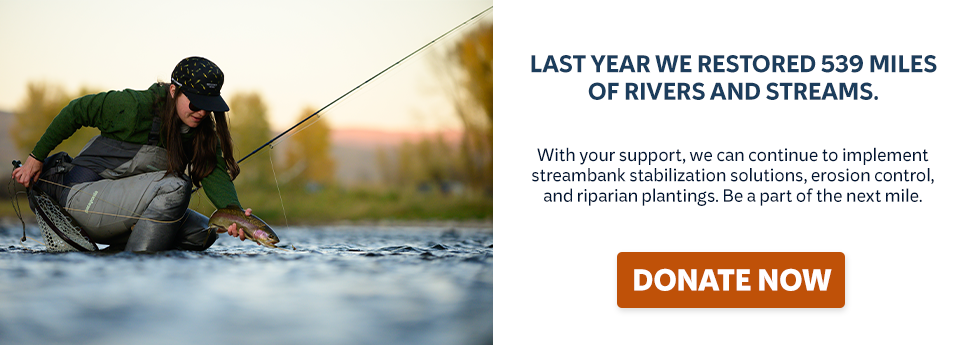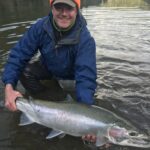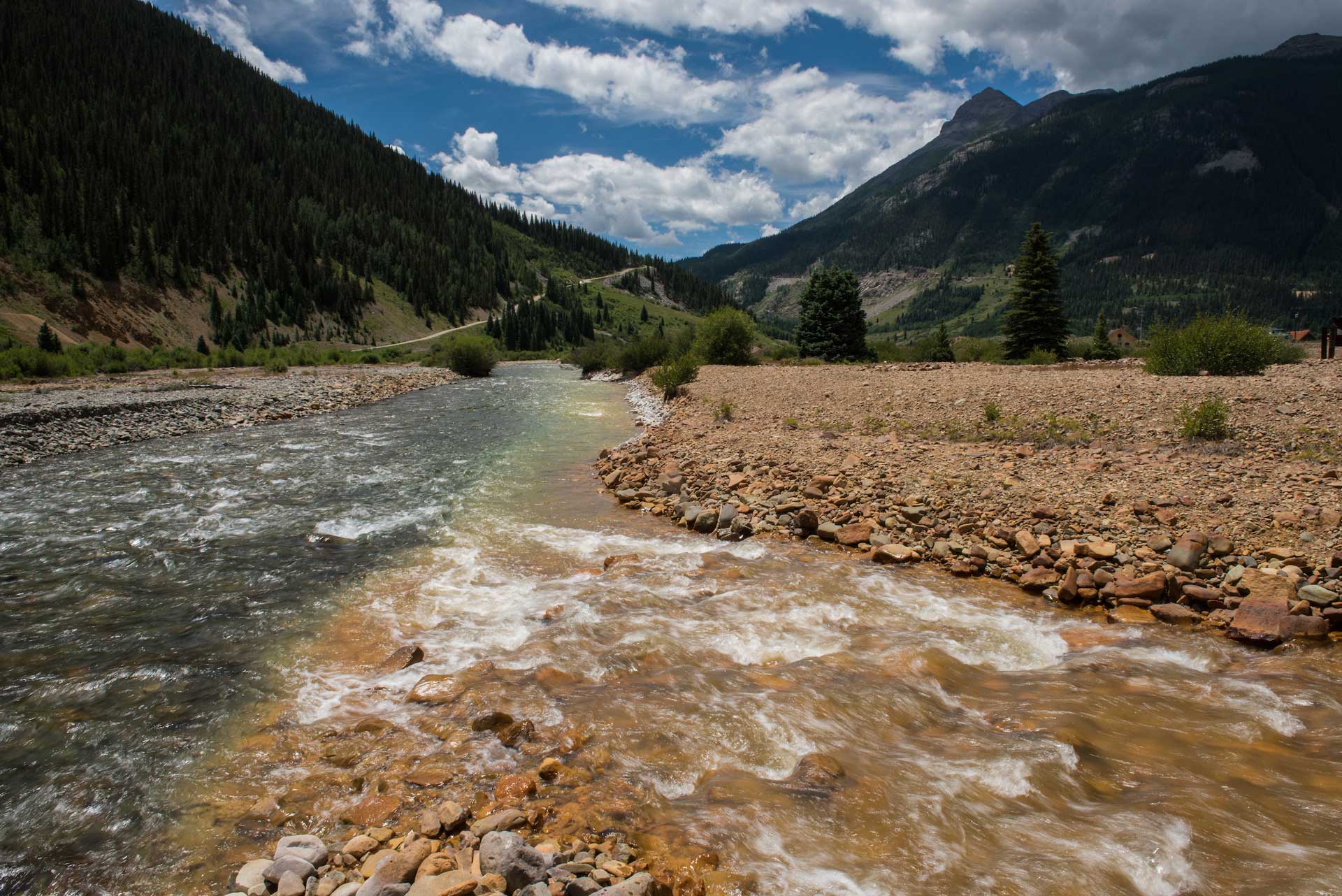Do you remember what you were doing in 2004? Here are a few memory-joggers:
- Facebook was launched.
- The last episode of the sitcom Friends was aired.
- President George W. Bush was reelected, narrowly defeating John Kerry.
- Trout Unlimited and the Forest Service launched a partnership to begin cleaning up abandoned mines in the western US.
You’d be forgiven if you didn’t recall that last event; admittedly, cleaning up abandoned hardrock mines was a niche issue even within the environmental community. But as the New York Times reported when covering the partnership, we hoped to raise awareness that would “spur similar alliances around the West” and advance policy solutions to address liability hurdles holding back cleanup efforts.
At it for years
Over the past two decades, TU’s efforts cleaning up abandoned mines have made great strides, implementing projects in six western states, cultivating partnerships and restoring almost 200 miles of degraded streams. Yet, our work continues to be hamstrung by federal laws that treat non-liable third parties like TU and state agencies––so-called Good Samaritans––as if we are polluters, creating a legal catch-22 that greatly limits opportunities to clean up acid mine drainage at abandoned mine sites.
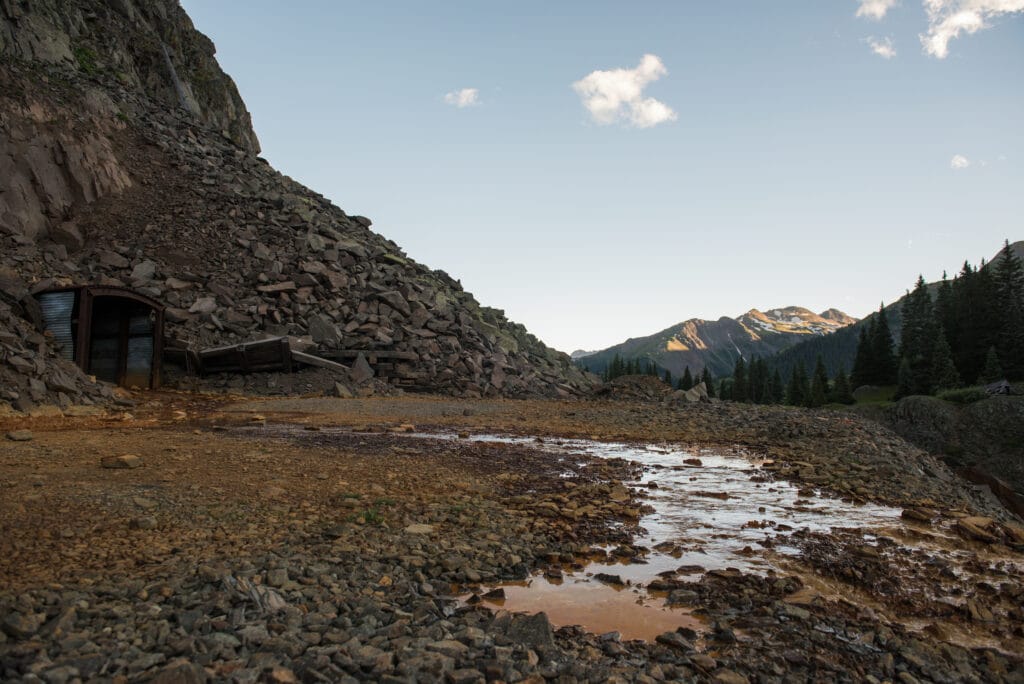
In the coming weeks, help may be coming from Congress in the form of legislation to solve this conundrum. First proposed in 1999, the concept was simple: pass legislation allowing Good Samarians to remediate abandoned mines without taking on environmental liability for historic pollution at sites that otherwise wouldn’t be cleaned up.
It was and is a no-brainer. The hitch, it turns out, was that while conceptually there has been a lot of support, as a policy matter the legislation has been thwarted by worries that bad actors would somehow attempt to run roughshod over environmental laws.
Congress after Congress has failed to enact Good Samaritan legislation for fear that “bad” Samaritans were lurking in the shadows. All the while abandoned mines that could have otherwise been cleaned up have continued to leach toxic heavy metals into our waters––day after day, year after year––leaving streams lifeless. This is the tragedy of a 25-year legislative impasse: there have been 25 years of missed opportunities to improve the health of watersheds and communities.
Moving forward with hope
When faced with environmental challenges it can be all too easy to lose hope. As famed conservationist Aldo Leopold said, “one of the penalties of an ecological education is that one lives alone in a world of wounds.” But Good Sam is about environmental optimism––in a world of wounds, this work is about healing watersheds.
While rolling up our sleeves to doctor streams degraded by abandoned mines, we’ve also spent decades on Capitol Hill working to find a policy path forward that could become law.
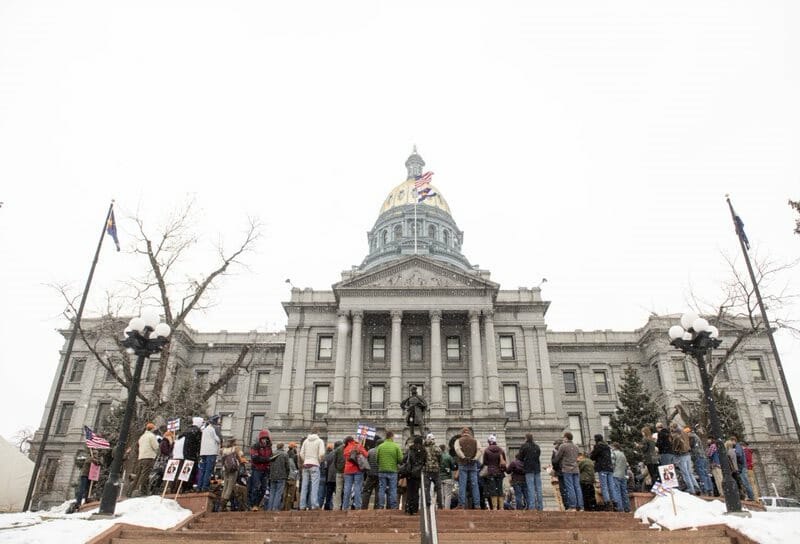
Time and time again, TU has testified before Congress, educating lawmakers about the scale of the problem and showing the benefits Good Sam would have for the health of watersheds and communities. We helped the EPA pioneer an administrative tool for Good Samaritans to make progress with certain projects that fall within the narrow limits of federal law. Trout Unlimited restoration specialists have won awards for cleanup projects that showcase what’s possible if Congress would act. Staff and volunteers have plied the halls of Congress meeting with Senators and Representatives––hundreds of times.
Through videos, social media, op-eds and storytelling we’ve raised public awareness and spurred action from grassroots around the country. We’ve brought the media and lawmakers into the field to see the issue firsthand. Trout Unlimited state councils around the country have written letters to their congressional delegations and tens of thousands of members have sent emails.
We are soooo close
By building bridges between the environmental community and mining industry, we’ve been able to help negotiate Good Samaritan legislation that can thread the political needle in Washington, D.C. Working with a diverse suite of partners, a politically powerful coalition has banded together with a unified message for Congress: pass Good Sam.
And Congress has taken notice. An unprecedented bipartisan alliance of lawmakers has rallied in support of this legislation, including over 60 members of Congress led by Senators Martin Heinrich (D-NM) and James Risch (R-ID) and Representatives Celeste Maloy (R-UT) and Mary Peltola (D-AK).
Today, Congress is on the cusp of finally enacting Good Sam into law. Earlier this year the Senate unanimously approved the current version of this legislation, the Good Samaritan Remediation of Abandoned Hardrock Mines Act (S.2781/H.R.7779). In September, the House followed suit when the Committee on Transportation and Infrastructure approved the bill by voice vote.
When Congress gavels back in for the post-election “lame duck” session, they have an historic opportunity to pass this wildly bipartisan legislation and send it to the President’s desk, either as a stand-alone measure or as part of the National Defense Authorization Act.
We can see the finish line. We just need Congress to take one final step in what has been a journey spanning a quarter century.
It’s time to step up for clean water. It’s time to finally pass Good Sam.

